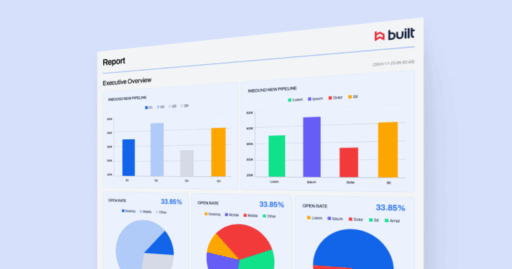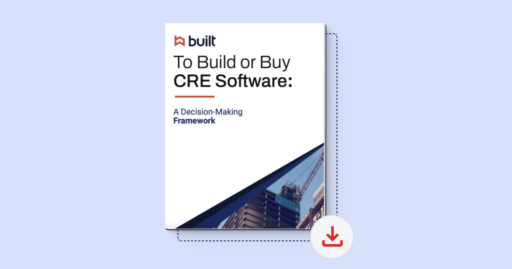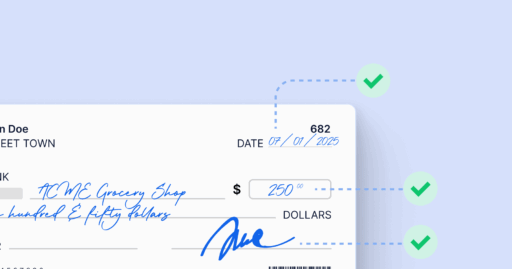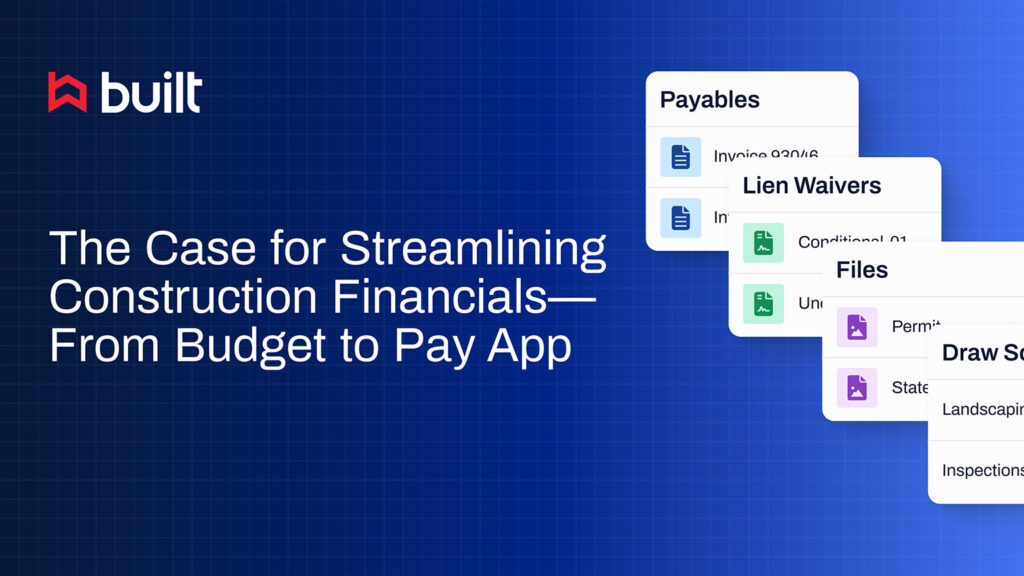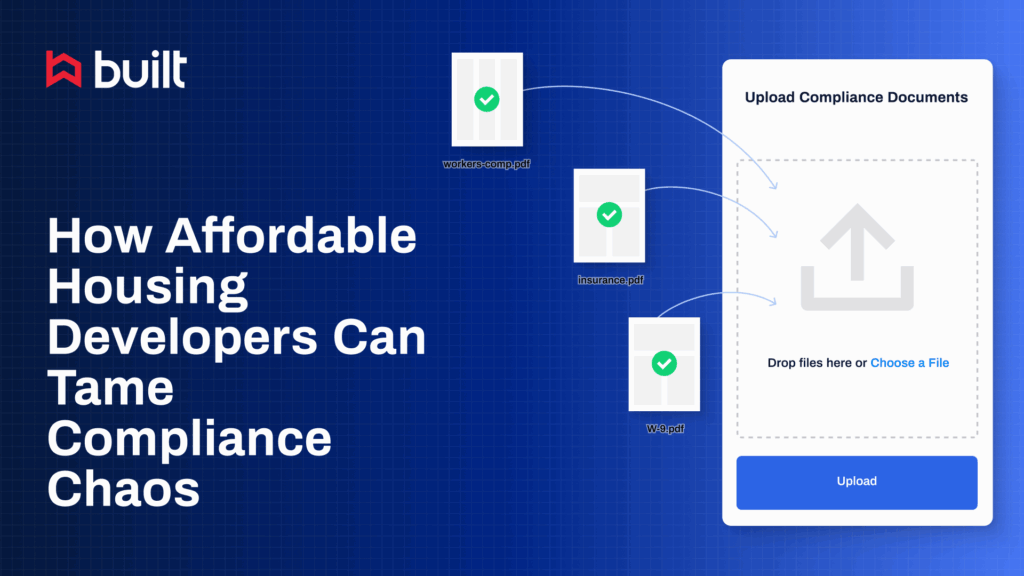
How to Find the Right Subcontractor for Your Construction Project

Knowing how to find a subcontractor is a skill that can’t be overvalued. After all, construction managers know their projects are only as good as the people working for them.
As a career based on delegating responsibility and letting folks do what they do best, general contractors need the subcontractors they hire to deliver the goods. That involves some risk, a lot of trust, and prescribing the exact kind of subcontractor you’re looking for during the prequalification process. Keep these factors in mind during your search.
Social presence
First up, check a subcontractor’s social profiles—where companies should be putting their best foot forward. This includes Instagram, Facebook, TikTok, and anywhere else they have a presence. A general contractor could get a glimpse of the subcontractor’s reputation via their interactions with customers and other contractors.
Crew size
When prequalifying subcontractors, general contractors should inquire about the subcontractor’s crew size. This factor can gauge if the subcontractor has the people-power to handle the project in a timely and competent manner. The general contractor should put themselves in the subcontractor’s shoes to determine how many employees they would need to do the job and compare that to the subcontractor’s crew size.
Experience
A list of previous projects, partnerships, and references says a lot about the subcontractor. It can reveal if they’re biting off more than they can chew, or if they really know their stuff when submitting a bid. These puzzle pieces will help the general contractor determine if they’re a good fit for this particular project and if they’re used to working in similar dynamics.
However, remember: Just because the subcontractor has the ability to handle the project doesn’t mean they’re the right one for the job. There are a lot of other boxes to check as well.
Financials
Construction managers should be asking for proof of responsible financial management while looking for the right subcontractor. Mismanaged finances are all too common and could bring the entire project to a halt.
There are some helpful sources for determining financial health or responsibility. Most established construction businesses will have a credit report available through Dun & Bradstreet. For subcontractors that operate under one owner, request a copy of their credit report as well.
Pending or past litigation
Be sure to ask potential subcontractors about any pending or past litigation. While lawsuits can be difficult to avoid in the construction industry, it may be worth avoiding a subcontractor in the midst of litigation or one with a history of payment disputes and other court-related activities.
Safety records
No one wants anyone getting hurt on the project, and a serious accident can have devastating consequences. Knowing a subcontractor has the proper OSHA certifications and a clean safety record provides some peace of mind for the general contractor. However, if there are some issues with safety, general contractors may opt to cover themselves with additional insurance policies.
Bonding
Since prequalification is all about limiting risk in the construction space, construction managers should have a particular interest in a subcontractor’s surety. In most cases, the general contractor can get most of the compliance information they need by requiring proof of a surety bond along with the bid, but don’t be afraid to call the bonding agent and verify the information required, such as limits and rates.
Licenses
Of course proper licensing for the subcontractor is important. However, the fear shouldn’t be hiring an unlicensed subcontractor—it should be hiring one with a license that expires during the project. This situation can put the job at serious risk, especially if an accident occurs or an insurance claim should become necessary.
Be sure to ask for a copy of any business and trade licenses the subcontractor is required to carry, and keep them on file to ensure they’re always up to date.
Insurance
A construction subcontractor’s proof of insurance is one of the most important compliance items for construction managers to look for and track. After all, an insurance lapse at the wrong time can cripple a project and cost the general contractor precious time and money.
Not only is insurance required in most states, but knowing that the project has a safety net to protect against subcontractor accidents or mistakes provides some of the confidence general contractors need to trust a subcontractor.
Managing trade partners
Prequalification takes time. Every time a subcontractor passes the prequalification process (even if they don’t win the bid), keep their name in a database of potential partners. A database of this sort should help contractors manage compliance and save time when considering how to find a subcontractor moving forward.
Using vendor management software can streamline the process even further. This kind of technology can help construction managers to track subcontractor compliance and gain access to critical data in seconds. Maintaining a list of prequalified, high-quality subcontractors will help ensure that current and future projects are in the hands of subcontractors who general contractors can trust.
